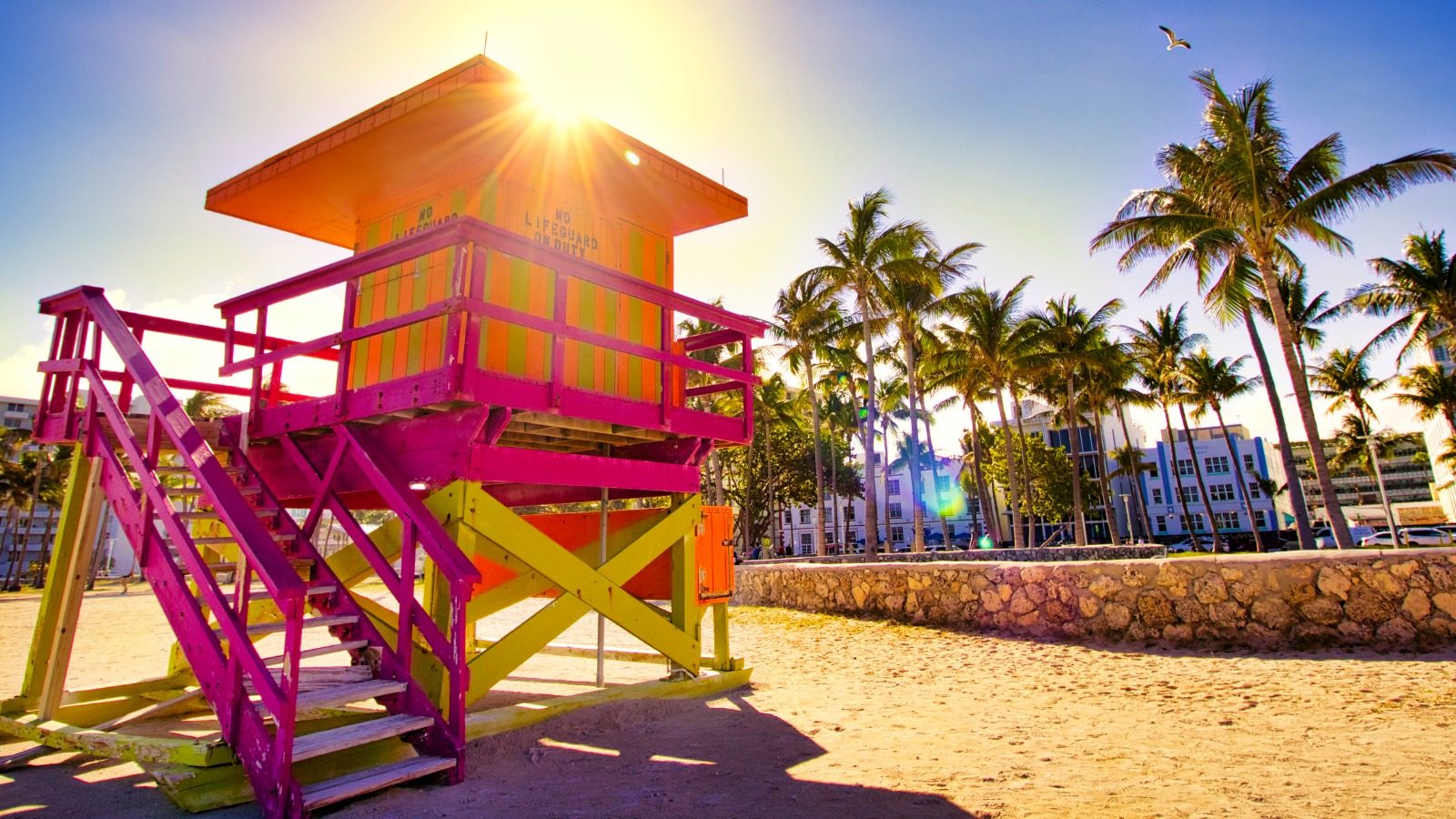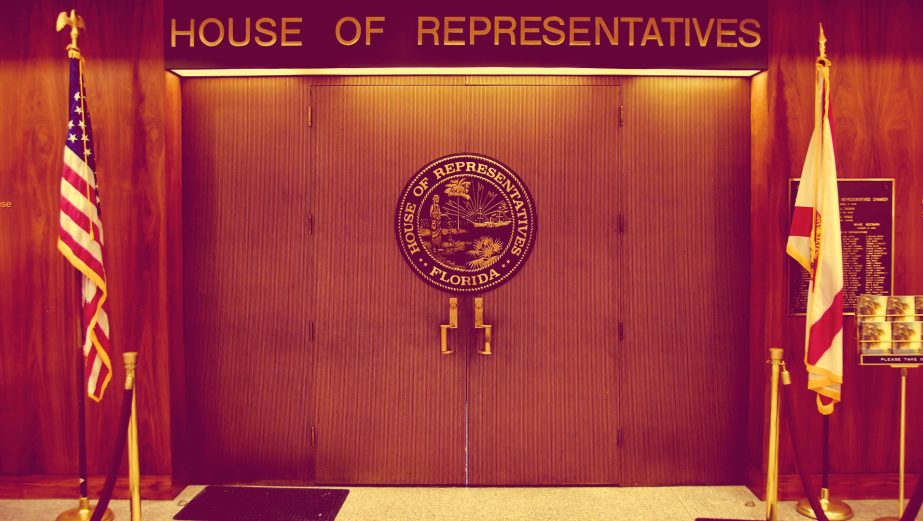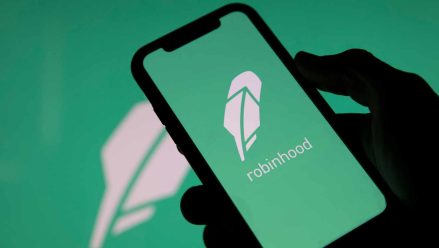A Florida House subcommittee Tuesday advanced PCS for HB 189, which would legalize daily fantasy sports (DFS), and would make certain sports betting violations third-degree felonies. The bill would also make some changes to parimutuel wagering and affect illegal slot machines.
The Seminole Tribe and national operators did not testify at the hearing, but local fraternal organizations asked for additional clarity in the bill, seemingly so they can continue to offer social events that include games like bingo.
The bill must pass through at least one more committee before reaching the House floor. The original bill was filed Oct. 15, and was replaced with the committee substitute Nov. 10.
The Seminoles via compact and state law have exclusivity for digital betting, and do not offer DFS. The tribe offers traditional sports betting through its Hard Rock Bet platform throughout the state, with bets being considered placed where received. All bets flow through servers on Seminole property.
DFS platforms operate unregulated and untaxed in Florida.
“The Seminole Tribe doesn’t comment on proposed legislation, but it does support efforts to curb extensive illegal gambling in Florida,” a Seminole spokesperson said Tuesday.
Bill filed before scandals
The bill was initially introduced about a week before former Miami Heat guard Terry Rozier was among those arrested in a far-reaching NBA sports betting scandal. Rozier is accused of manipulating how much time he was on the court in multiple games in order to allow “over” or “under” bets made with co-conspirators to win.
It is the second such NBA scandal, and former Toronto Raptor Jontay Porter, the central figure in the first, is set for sentencing next month in a similar case. Also since the bill was filed, two Cleveland Guardians players have been indicted and arraigned after being accused of betting on baseball and taking payment to throw balls instead of strikes at certain times.
Language in the bill directly outlines that anyone involved in match fixing — an athlete, coach, official, or anyone else participating in a game, or anyone who offers a bribe or other payment to a person who could affect the outcome — would be charged with a third-degree felony. In addition, anyone betting with knowledge of such information would also be charged with a third-degree felony.







